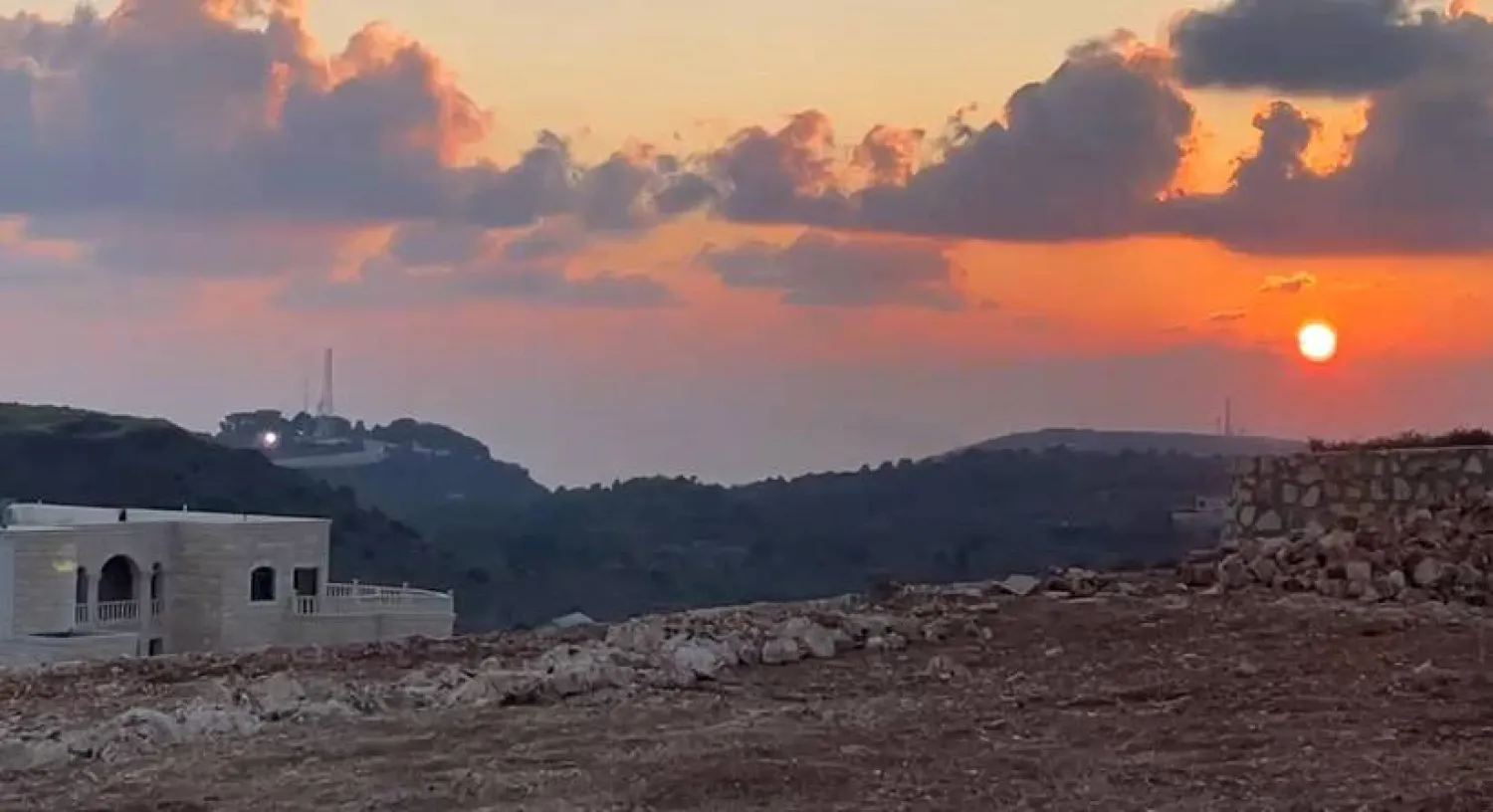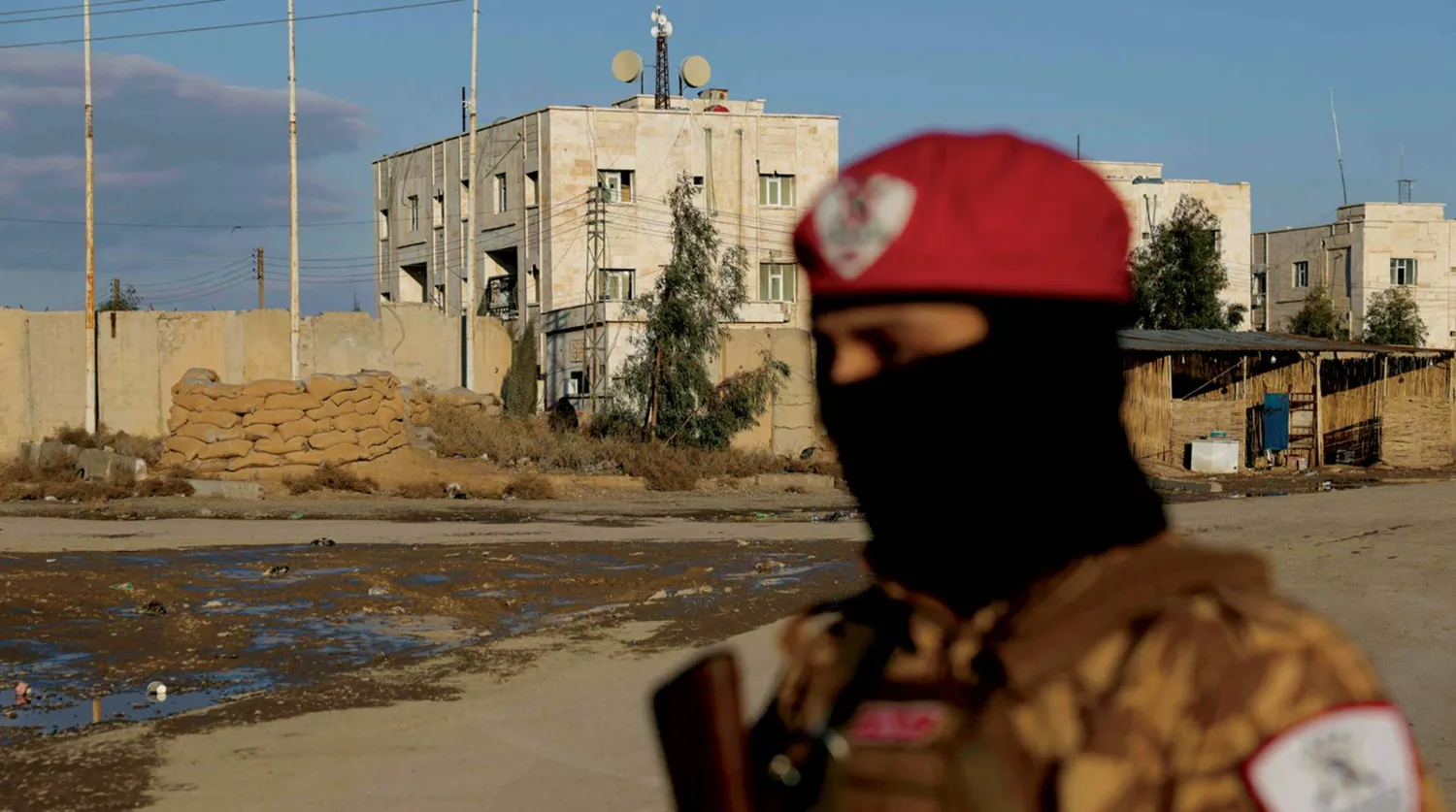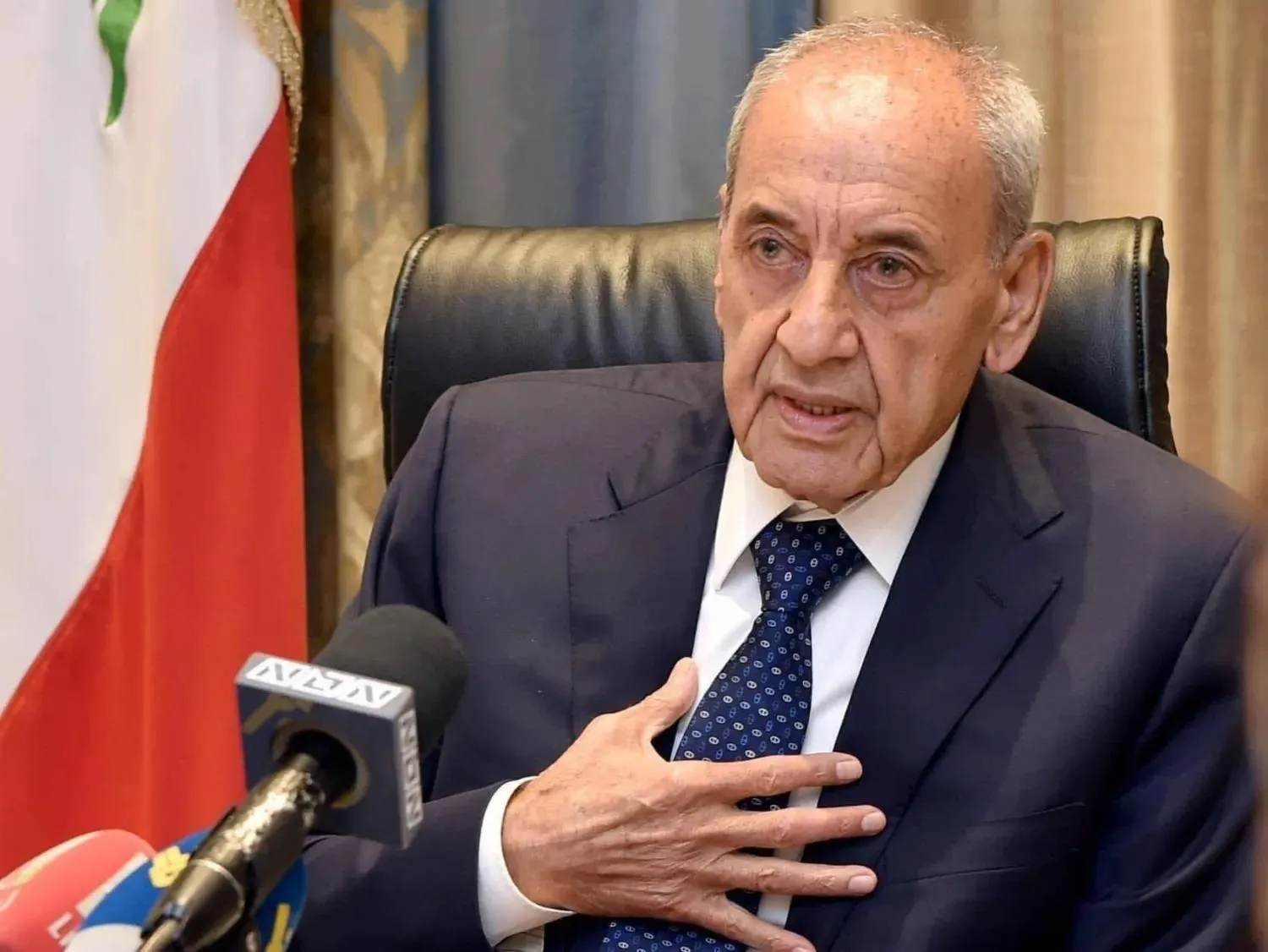The Lebanese army said on Saturday that Israel had fired a missile that killed a Reuters journalist in southern Lebanon, with a Lebanese military source saying the country had conducted a technical on-the-ground assessment after the attack that supported its claim.
Israel's military said it used tank and artillery fire in the area to prevent an infiltration from Lebanon around the time of Issam Abdallah's death. It said its actions followed Hezbollah fire along the Israel-Lebanon border, and that the incident was under review.
The Lebanese military source said the army had concluded the shell that killed Abdallah was fired by Israel based on observation by Lebanese army patrols in the area at the time of the incident. The source was not authorized to speak to media and spoke to Reuters on condition of anonymity.
"The Israeli enemy launched a missile which hit a civilian car belonging to a media group which led to the martyrdom of the videographer Issam Abdallah," the Lebanese army high command said in a statement posted on its website.
Reuters, in a statement signed by President Paul Bascobert and Editor-in-Chief Alessandra Galloni, said: "We call on the IDF (Israel Defense Forces) to conduct a thorough, swift and transparent investigation. It is critically important for journalists to be able to report freely and safely."
Reuters video journalist Abdallah was killed while working with other journalists near the village of Alma al-Shaab, close to the Israeli border, where the Israeli military and Lebanese Hezbollah party have been trading fire.
Responding to a request for comment on Reuters' call for an investigation, Israel's military said Hezbollah had fired at a number of border locations, "including the firing of an anti-tank missile that hit the Israel security fence".
The military said it suspected an infiltration into Israeli territory immediately after the anti-tank missile launch, and that troops used tank and artillery fire to prevent the infiltration.
"A number of hours later, a report was received that during the incident, journalists were injured in the area. The incident is under review," the military added.
The Israeli military did not immediately respond to the claims made by Lebanon.
Israeli army spokesman Lt Col Richard Hecht earlier told a regular briefing that it was looking into the incident, adding: "We already have visuals. We're doing cross examination. It's a tragic thing."
A Reuters witness at the scene said Abdallah, a Lebanese national, was struck by missiles fired from the direction of Israel.
State media earlier reported that Lebanon would submit a formal complaint to the UN Security Council on "Israel's deliberate killing" of Abdallah.
Foreign Minister Abdallah Bou Habib later confirmed, without elaborating, that the complaint said Israel had targeted journalists with "direct bombardment", which had resulted in Issam Abdallah's death.
While other news outlets, including the Associated Press and Al Jazeera, said the shells were Israeli, Reuters has not established that the missiles had been fired by Israel or that Israel was intentionally targeting the journalists.
Countries regularly write to the 15-member Security Council to register complaints and it is unlikely the body will take any action.
Hundreds of mourners
Abdallah was buried on Saturday. His body, covered in a Lebanese flag, was carried in a procession attended by hundreds of mourners through his hometown of Khiyam in southern Lebanon. Journalists placed their cameras on the grave to honor his memory and prayers were said.
"They were sitting where there was no shelling, nothing. They were filming the shelling from afar. Why would they bomb them?" said Abdallah's mother, Fatima Kanso, at the funeral, blaming Israel for her son's death.
Abdallah was with two other Reuters journalists, Maher Nazeh and Thaer Al-Sudani, as well as journalists from media groups Al Jazeera and Agence France-Presse, when he was killed while providing a live video signal for broadcasters.
Nazeh and Sudani were both injured in the incident but were later released from the hospital. Agence France-Presse and Al Jazeera each said two of their journalists were wounded in the incident.
Nazeh said they were filming missile fire coming from the direction of Israel when one struck Abdallah as he was sitting on a low stone wall near the rest of the group. Seconds later, another missile hit a car being used by the group, setting it aflame, he said.
UNIFIL, the UN peacekeeping force in southern Lebanon, said it could not say with certainty at this stage how the group of journalists was hit. However, it said it knew that Israel had struck a position 2.5 km (1.5 miles) outside Alma al-Shaab at 5.20 p.m. (1320 GMT).
The Reuters statement said it had requested Israeli assurances that Reuters journalists and offices in the Gaza Strip would not be targeted in Israeli military operations there.
Israeli forces are massing tanks and troops on the border with the southern enclave in preparation for a possible ground invasion. They are fighting a war with Gaza's Hamas fighters who launched a deadly assault on Israeli civilians and soldiers a week ago.









